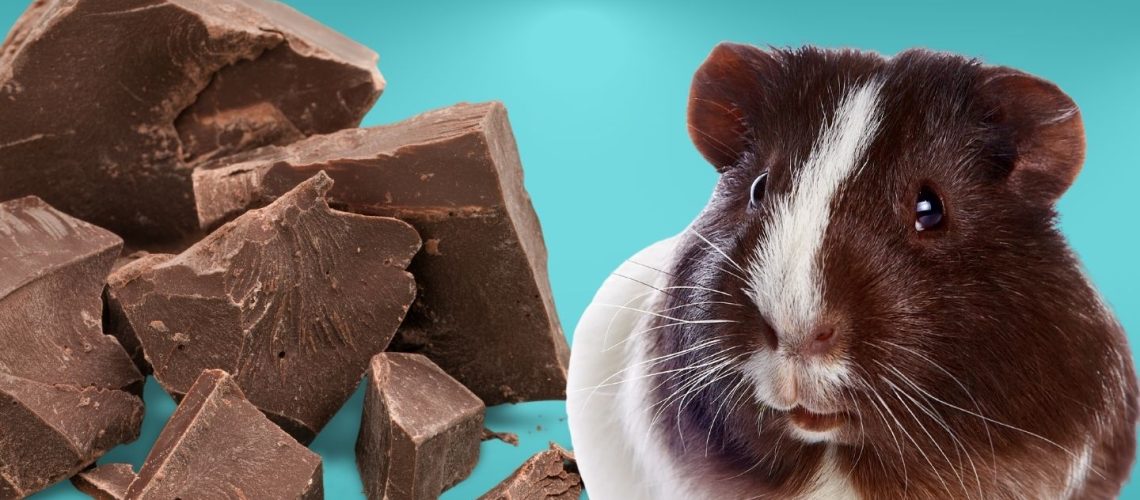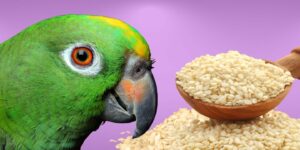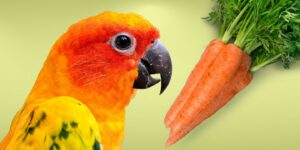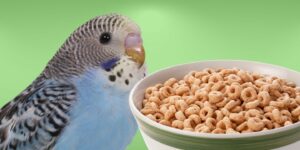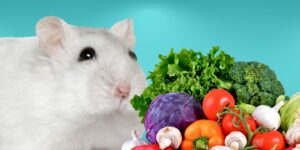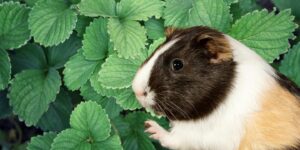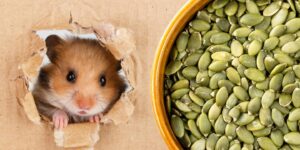The short answer is no, guinea pigs should not eat chocolate. Chocolate is toxic to guinea pigs and can cause serious health problems. In this article, we will explore the dangers of chocolate consumption in guinea pigs, the reasons why it should be avoided, and the appropriate actions to take in case of accidental consumption. We will also discuss the symptoms of chocolate poisoning in guinea pigs and how to properly care for your furry friend.
Understanding Guinea Pig Diet
Nutritional Requirements for Guinea Pigs
Guinea pigs have specific nutritional needs that must be met to maintain their overall health. Their diet should primarily consist of:
- High-quality hay, such as Timothy hay, which provides fiber and essential nutrients
- A variety of leafy greens and fresh vegetables, such as kale, spinach, and bell peppers
- Specially formulated guinea pig pellets, which provide necessary vitamins and minerals
- Fresh water, available at all times
Foods that are Safe for Guinea Pigs
In addition to the essentials mentioned above, guinea pigs can also consume a variety of safe fruits and vegetables as occasional treats, for example:
- Apples (without seeds)
- Blueberries
- Carrots
- Raspberries
- Strawberries
- Tomatoes
Foods that are Unsafe for Guinea Pigs
Some foods are harmful or toxic to guinea pigs, and should be avoided entirely. Besides chocolate, examples of such foods include:
- Avocado
- Garlic
- Iceberg lettuce
- Onion
- Raw beans
- Rhubarb
The Dangers of Theobromine and Caffeine for Guinea Pigs
Theobromine in Chocolate
The main reason why chocolate is toxic to guinea pigs is due to the presence of theobromine, a naturally occurring stimulant found in cocoa beans. Guinea pigs, like other animals, are unable to properly metabolize theobromine, leading to a dangerous build-up in their system.
Caffeine in Chocolate
Chocolate also contains caffeine, another stimulant that can negatively affect guinea pigs. Since their small bodies are sensitive to such substances, even small amounts of caffeine can cause harm.
Effects of Theobromine and Caffeine on Guinea Pig Health
Both theobromine and caffeine can cause a range of health issues in guinea pigs, from mild discomfort to fatal consequences. The dangers include:
- Increased heart rate
- High blood pressure
- Nervous system stimulation
- Seizures
- Coma
- Death
Identifying Chocolate Poisoning in Guinea Pigs
Early Signs of Chocolate Poisoning
If your guinea pig has ingested chocolate, look for the following early symptoms:
- Vomiting
- Diarrhea
- Rapid breathing
- Restlessness
Progression of Symptoms
As chocolate poisoning progresses, the signs may worsen, potentially leading to:
- Tremors
- Seizures
- Collapse
- Coma
Long-term Effects of Chocolate Poisoning
In some cases, even if a guinea pig recovers from the immediate effects of chocolate poisoning, there may be lasting damage to their internal organs or nervous system.
Preventing Chocolate Consumption in Guinea Pigs
Properly Storing Chocolate and Other Harmful Foods
Keep all chocolate and other potentially harmful foods out of your guinea pig's reach by storing them in sealed containers or inaccessible locations.
Educating Family Members and Visitors on Guinea Pig Safety
Make sure everyone in your household, as well as any guests, understand the risks associated with feeding harmful foods to your guinea pig.
Monitoring Your Guinea Pig's Environment
Regularly check the areas where your guinea pig spends time to ensure there are no hazards, including dangerous foods.
Treating Chocolate Poisoning in Guinea Pigs
Emergency First Aid for Guinea Pigs
If you suspect your guinea pig has ingested chocolate, contact your veterinarian immediately. Do not attempt to induce vomiting without a professional's guidance, as it may cause further harm.
Seeking Veterinary Care
Your veterinarian will assess your guinea pig's condition and provide the necessary treatment, which may include medication, fluid therapy, or other supportive care.
Post-treatment Care and Monitoring
After treatment, continue to monitor your guinea pig closely for any lingering symptoms or complications, and follow all instructions provided by the veterinarian regarding ongoing care.
Alternatives to Chocolate for Treating Your Guinea Pig
Healthy Treat Options for Guinea Pigs
Instead of chocolate, consider offering your guinea pig a variety of healthy, safe treat options, such as small pieces of fruit or vegetables they enjoy.
How to Safely Reward Your Guinea Pig
Positive reinforcement is essential for guinea pig training and bonding, so make sure to reward your pet with praise, attention, and safe treats.
The Importance of a Balanced Diet
Maintaining a balanced diet is key to your guinea pig's overall health, so avoid overindulging them with treats, and ensure their primary source of nutrition comes from hay, pellets, and appropriate greens.
Conclusion
In conclusion, guinea pigs should not eat chocolate, as it poses serious health risks. By understanding the dangers and providing a proper diet, you can ensure a happy and healthy life for your guinea pig. If your guinea pig has consumed chocolate, contact your veterinarian immediately to give them the best chance at a full recovery.

